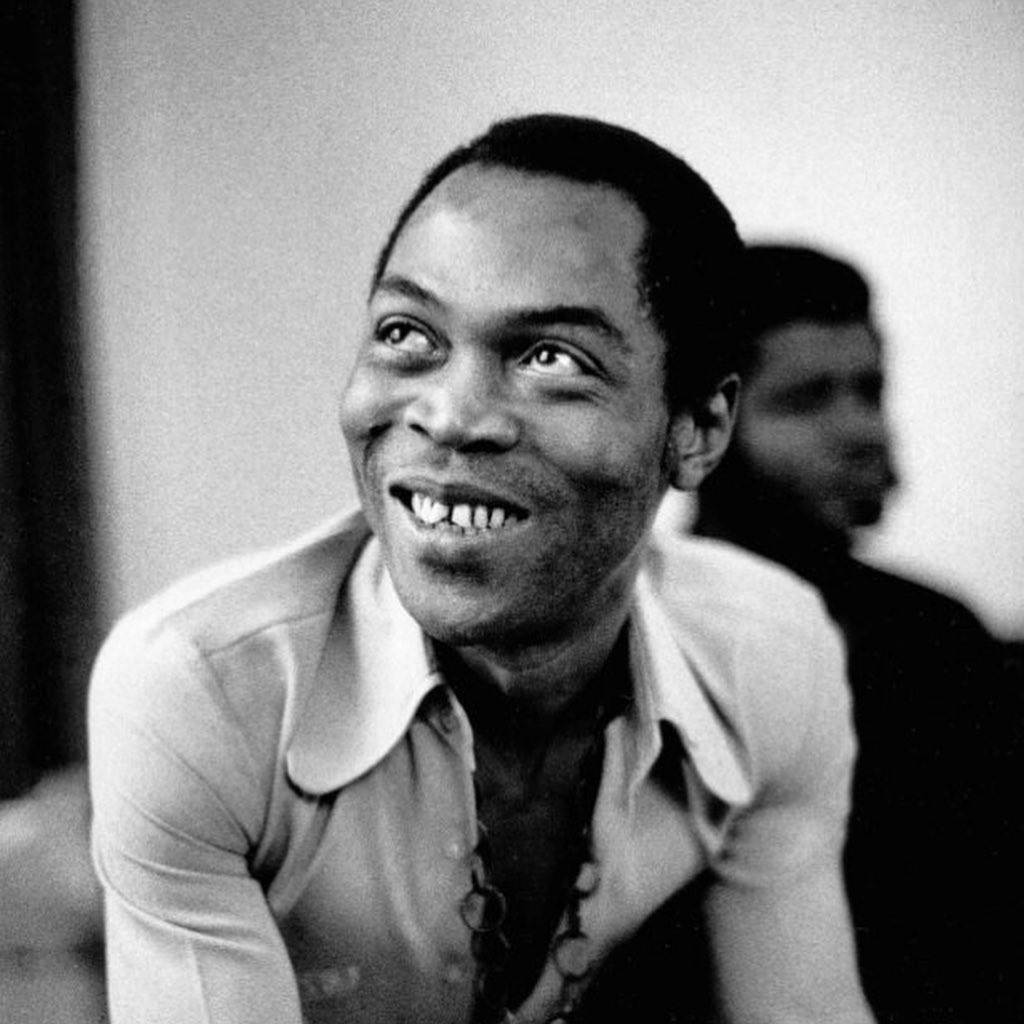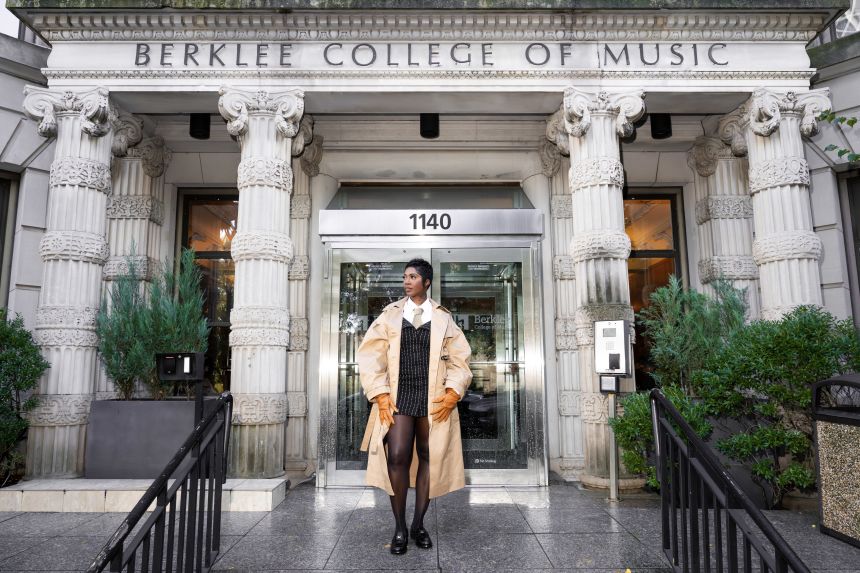
Brief Introduction of the Umbrella suffix, ‘EDM’:
like several relevant sonic umbrellas, Electronic dance music popularly shortened as ‘EDM’ is splintered into genres that further crystalize into subgenres when viewed under stylistic variations.
The rave/ club music-fueled umbrella genre which is mostly Dj oriented first came into contemporary prominence in the early eighties ( despite initial hintings in the early sixties via precursors such as Dub music and Disco).
The crack pandemic of the eighties was said to have hastened EDM’s influence in the West, hence its initial disdain which led to official regulations by state governments in the USA. However, EDM grew to be accepted by mainstream media in America upon seeing the vast sonic strides achieved in European counterparts.
EDM by its broad electronic synths and percussive tentacles gave life to certain sonic hybridizations such as House music, Dance-pop, techno music, and the like. These sonic hybridizations are amalgamations of two or more genre elements revered as genres of the umbrella term, ‘EDM’.
These aforementioned variations found their way into the African music scene notably in the late 2010s as EDM aficionados living in African countries such as Nigeria, South Africa, and Congo sought to replicate the sounds they had grown fond of. Bit by bit, genres of EDM such as House music, Techno, and Dance-pop harbored a cult following of passionate DJs, and music heads In these African countries.
Afro EDM
Thanks to the many perks of 21st-century technology, certain African, gritty, loud bass-loving music heads (mostly skilled Disk jockeys and bedroom music producers) began to fuse traditional African music elements such as vocal stylings, and local percussions with EDM genres.
Soon, subgenres of these EDM genres were formed by Africans living in Africa. In South Africa, where house music is largely explored, music heads over there fused local stylings with House, known as Gqom today.
However, in Nigeria, the term ‘Afro EDM’ is more notable. The term came into public alignment in the 2020s, upon an increased number of young EDM-loving musicians in the country.
‘Afro EDM functions as an umbrella subgenre that allows for ‘mini subgenres such as Afro Techno, Afro House, and ‘Afro Elektro’. It is EDM music but with an interpretation of a Nigerian. It is largely played in Clubhouses, festivals, and ‘maddening’ raves where freeform DJ mixes are in full mode.
Very recently, Amapiano ( the popular subgenre of House Music) became enrolled in the set/mix list of these Afro-EDM music producers/DJs.
The Afro-EDM sound, although not in mainstream conversations yet, is subtly building a cult following of rave enthusiasts who are totally in awe of the musicianship involved. It is only a matter of time before the piercing vivace of the youthful subgenre garners irresistible entry into the mainstream sanctums of the Nigerian music market.
At the risk of sounding melodramatic, there is an uprising, a movement if you will, of Nigerian-based EDM-loving musicians who are making a world-class level type of EDM. Borrowing from an inspiring tweet, this writer only hopes it won’t be too late before the consensual realization is had.
15 Artistes:
Calix

Yosa

We Are All Chemicals

Sons of Ubuntu

Jamie Black

FaeM

Icey

Sigag Lauren

Aniko

Blak Dave

Proton

Kevin LNDN

MazexMxtreme

Sounds of Ace





